
Can Stress Cause Hair Loss? Learn the Causes & Get Expert Advice from Dr. Ruchir Shah
Introduction
Hi friends,
This is Dr. Ruchir Shah here.
Does Stress Cause Hair Loss?
Understanding the Link Between Stress and Hair Loss
Hormonal Imbalance and Nutritional Impact
- Hormonal imbalance can damage the hair root.
- Nutritional deficiency can weaken hair quality.
- Circulatory changes reduce scalp nourishment.
Hair Pulling Disorder: Trichotillomania
Delayed Hair Loss Symptoms
Common Stress Triggers for Hair Loss
Stress and Hair Loss in Females
Is Hair Loss Caused By Stress Reversible?
Stress and Hair Loss Treatment
- Diagnose whether it’s truly stress-induced hair loss
- Explain how stress causes hair loss
- Identify your stress hair loss symptoms
- Recommend stress and hair loss treatments tailored for you
- Stress management: yoga, meditation, and exercise
- Nutritional guidance
- Scalp treatments and medications, if needed
M.B., D.V.D. | Registration No.: G-41460
A dermatologist specializing in tele-dermatology, offering expert care for skin, hair, and nail concerns. With extensive clinical experience, provides effective treatments for acne, hair fall, eczema, vitiligo, hives, scalp issues, ringworm, fungal infections, and more - all accessible through convenient online consultations.
 Hin
Hin En
En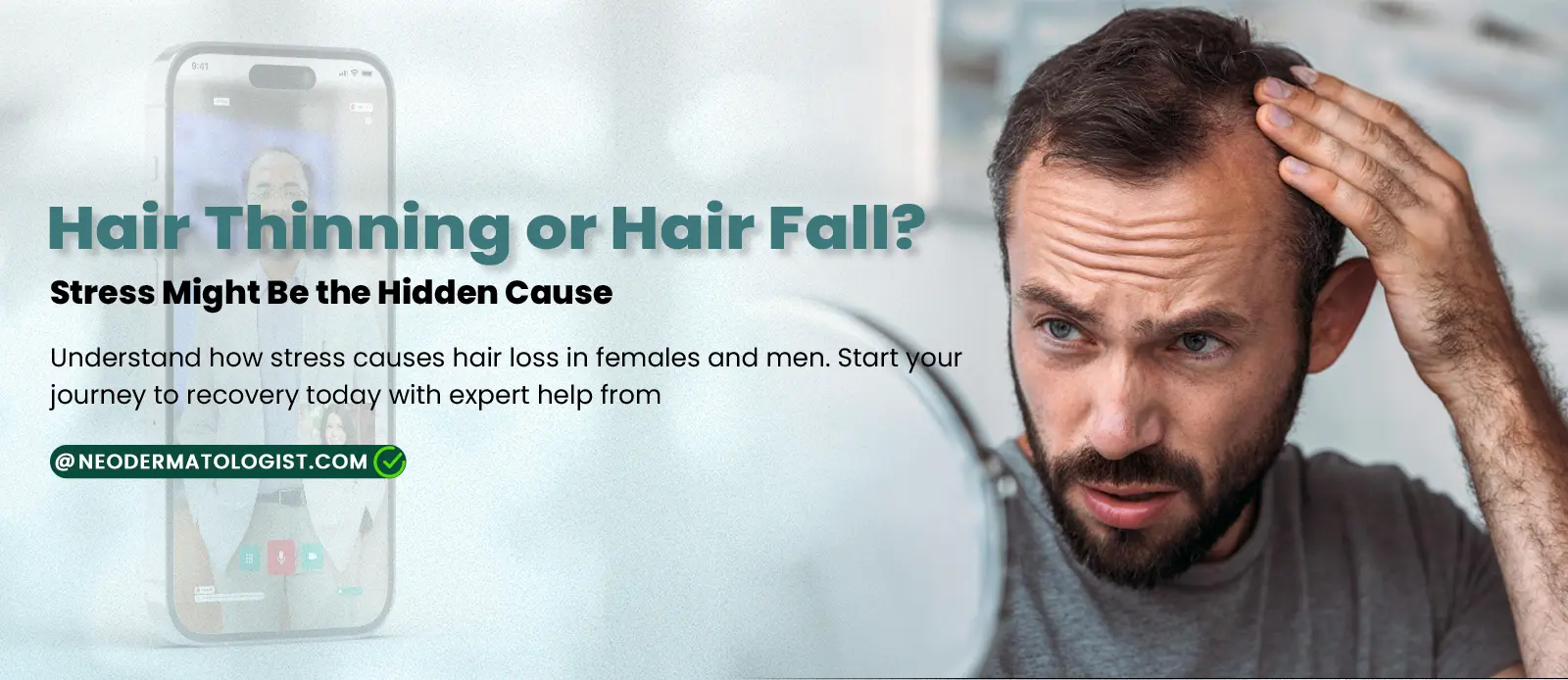
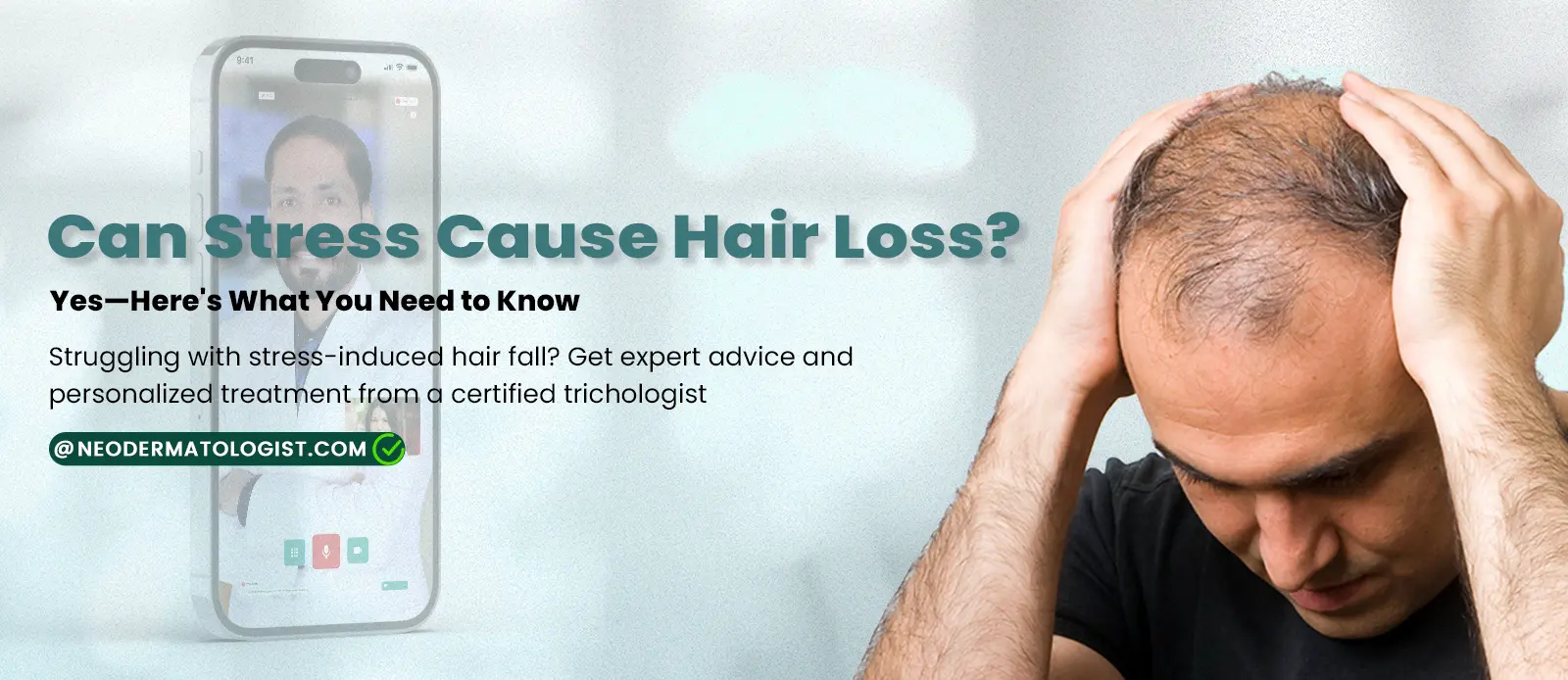
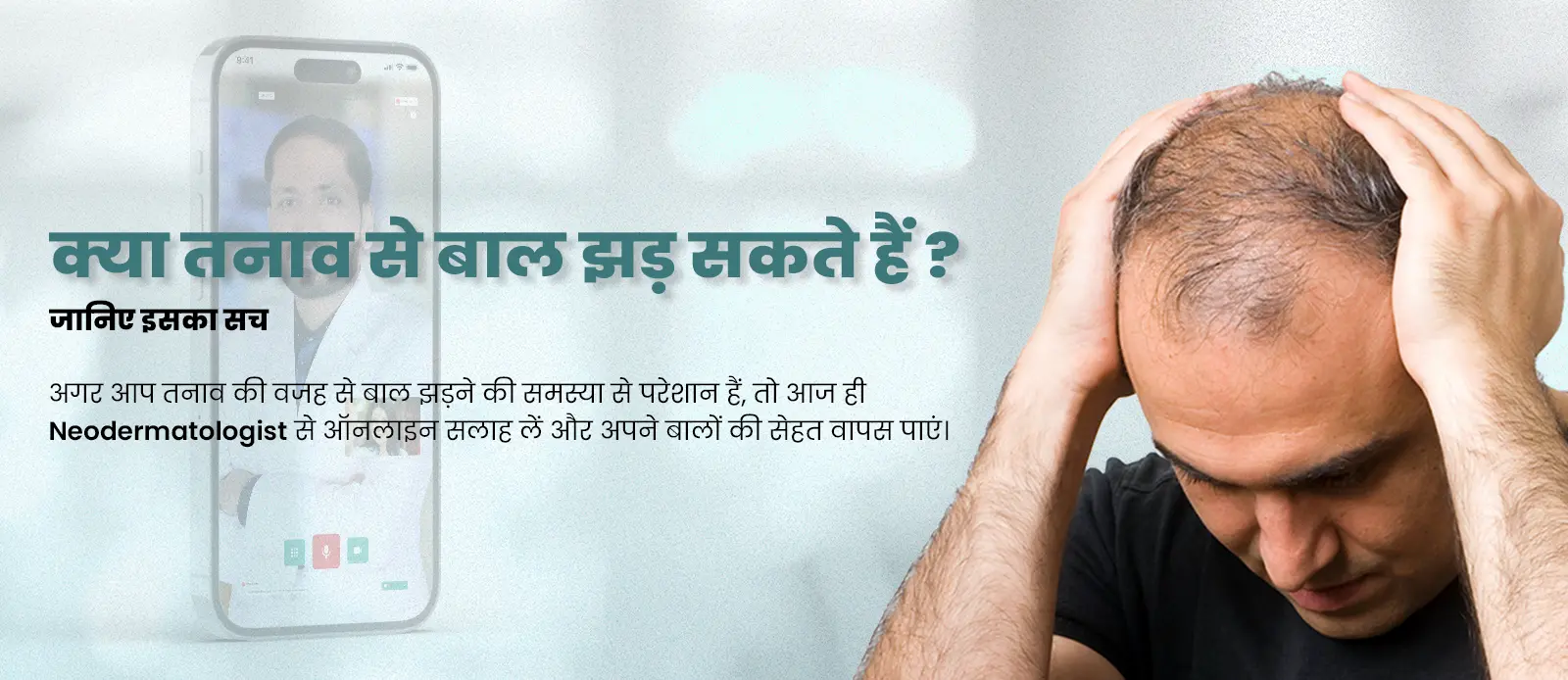
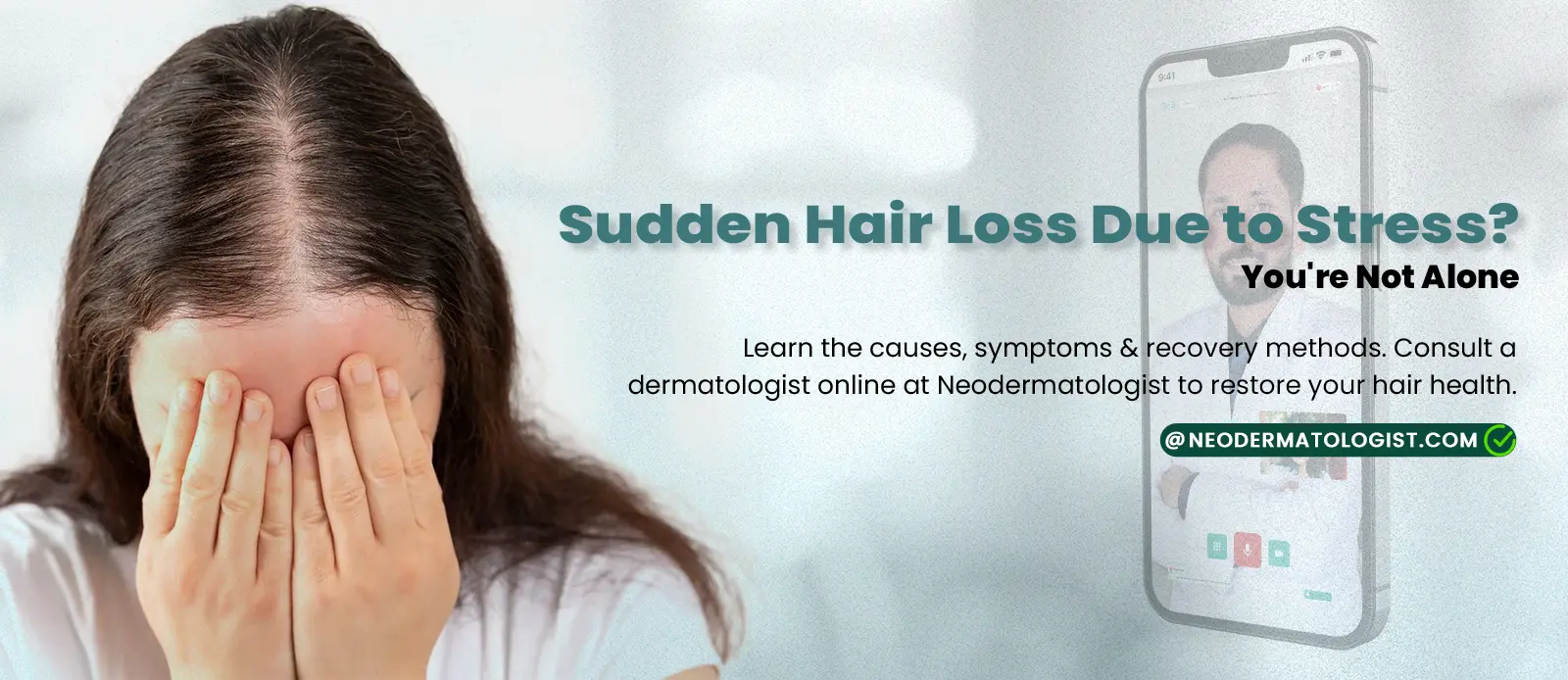
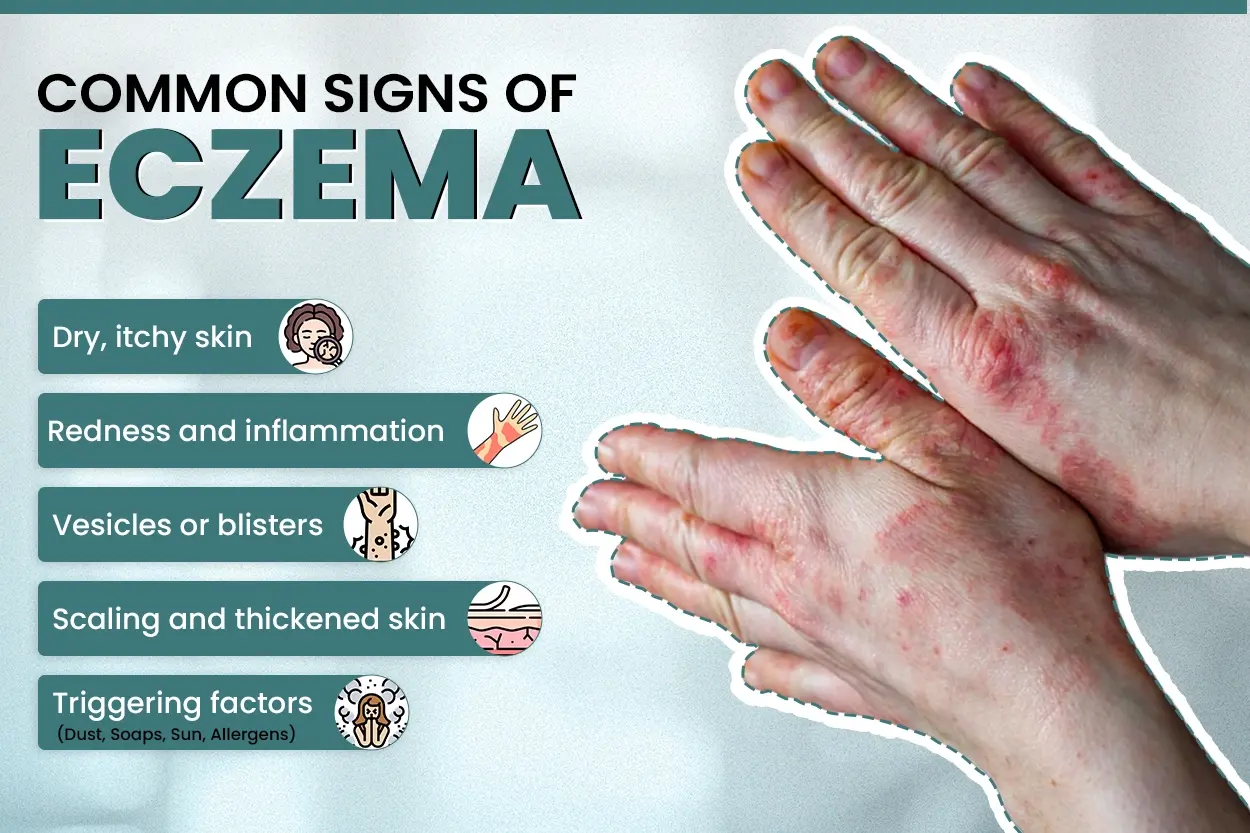
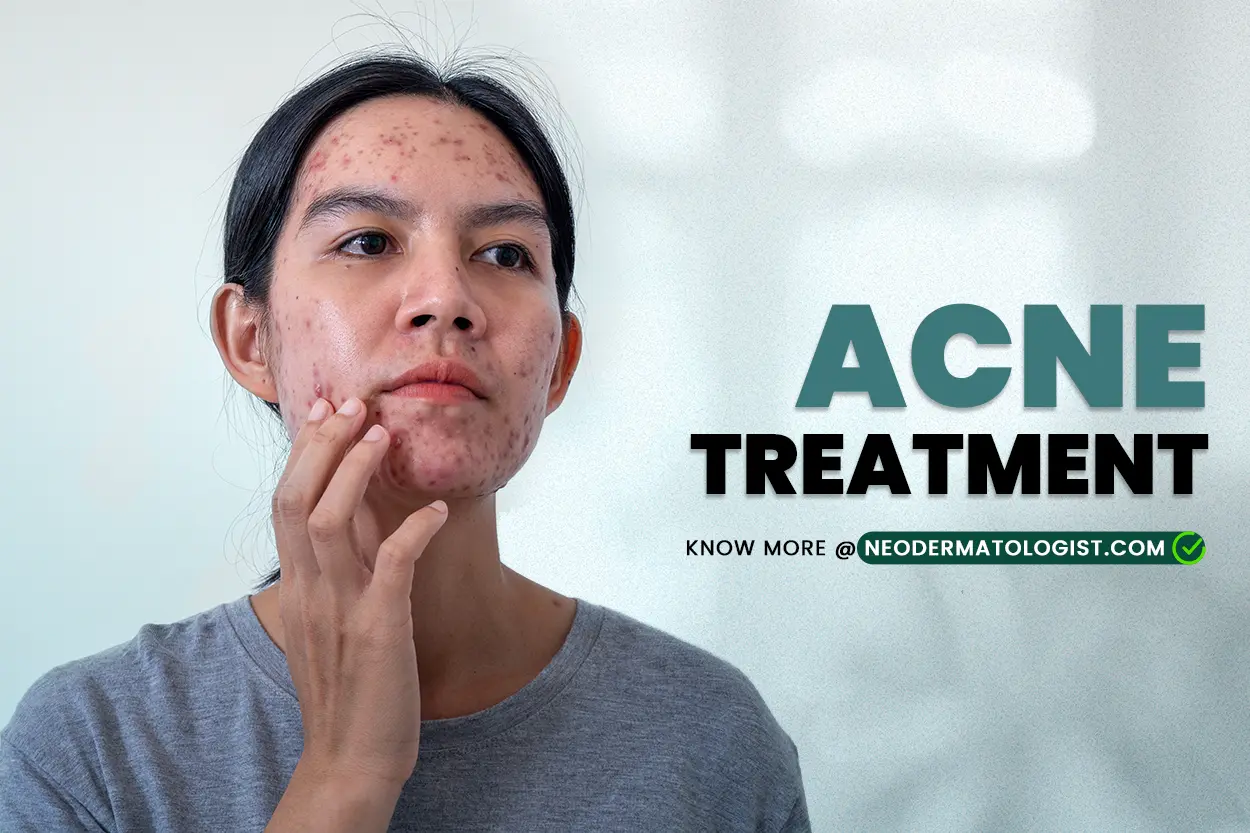



















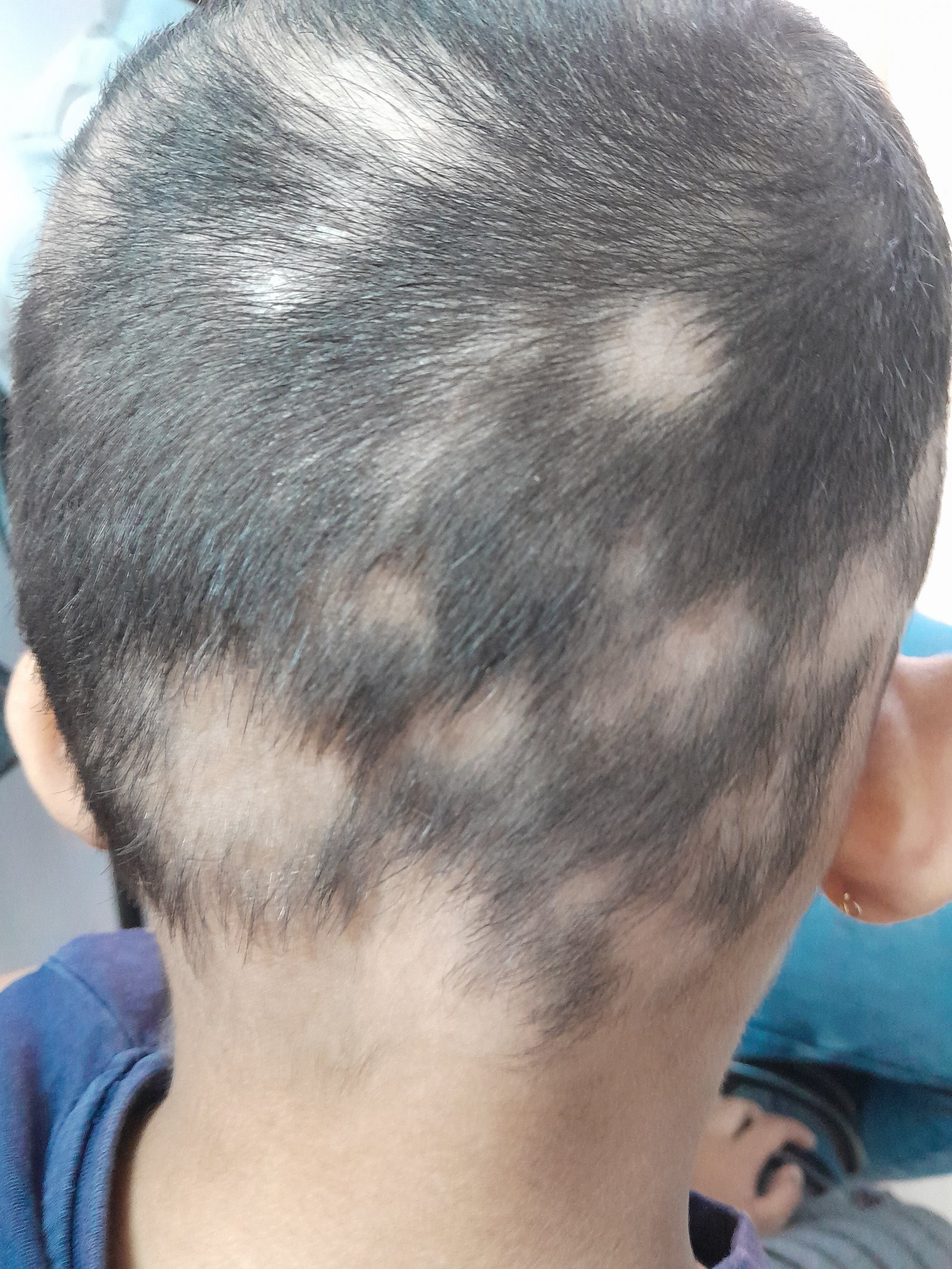
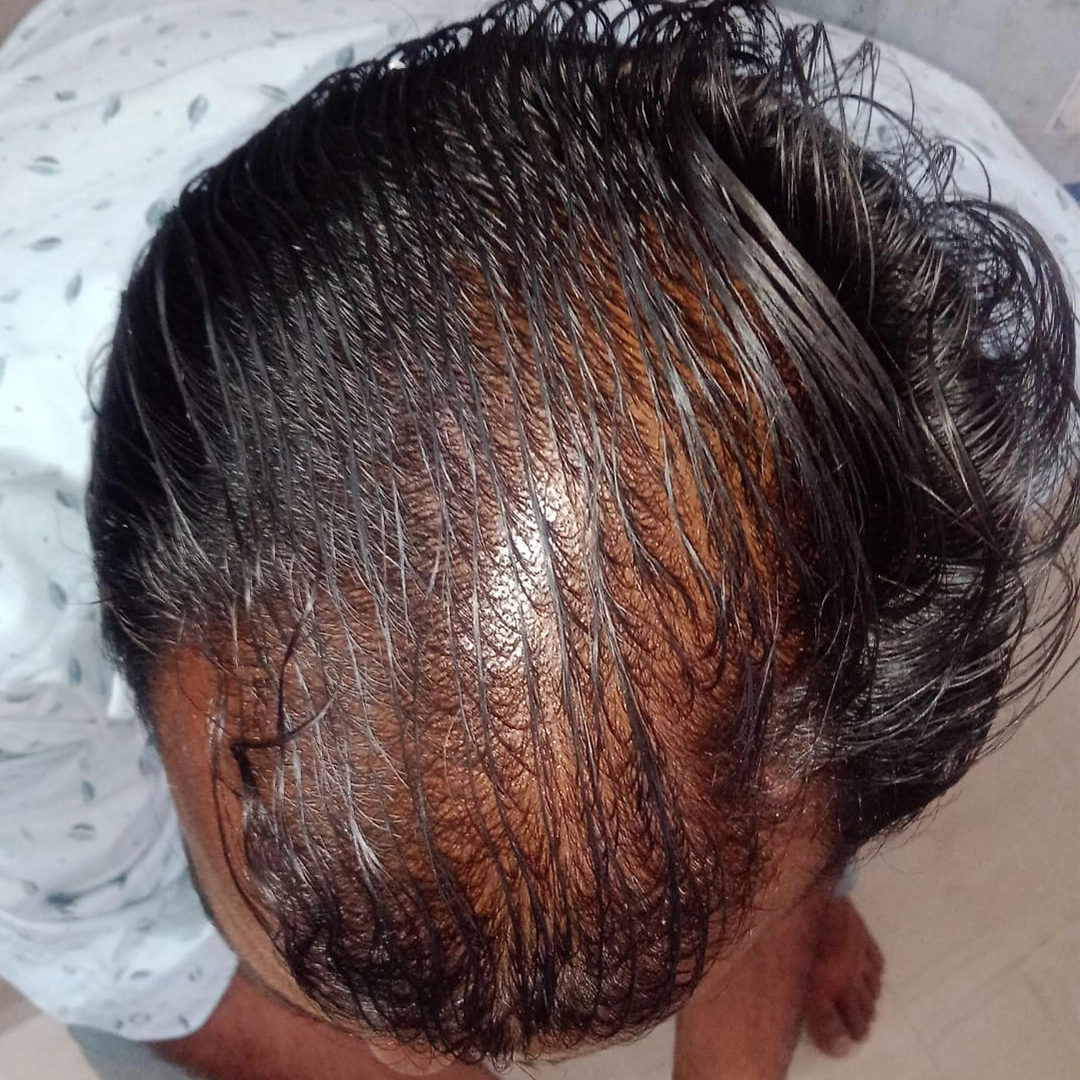
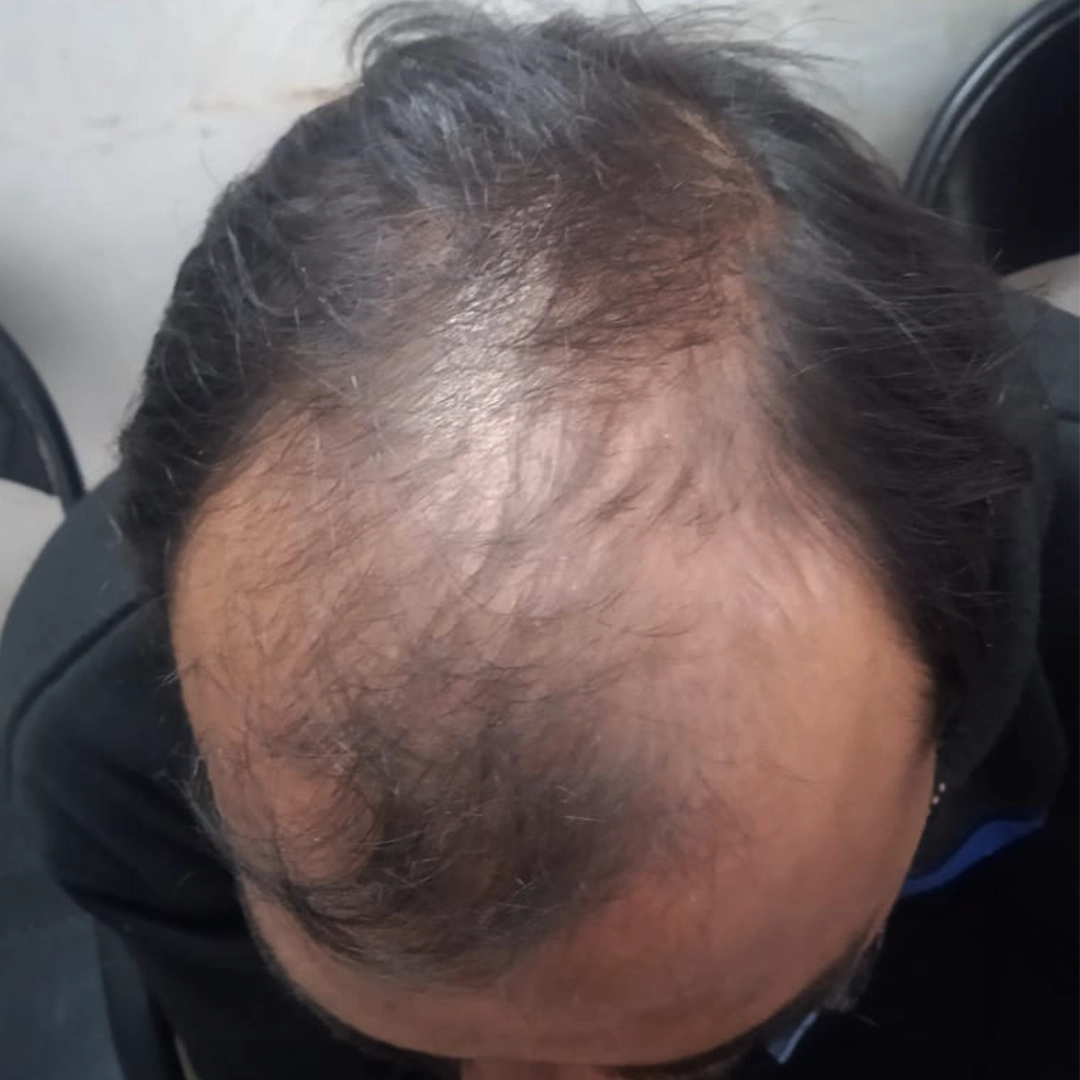


Post a comment